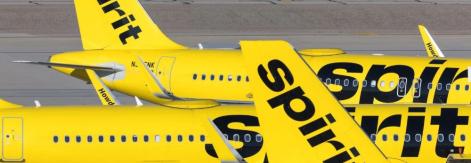Currency markets drifted earlier this week, letting waves of data largely wash over them as London traders prepared for Monday´s holiday.
The euro climbed to $1.2323 against the dollar in early European trade, but eased after an unexpected fall in Germany´s IFO index of business sentiment.
Crude oil futures spiked to more than $70 (U.S.) a barrel for the first time as Hurricane Katrina took dead aim on U.S. oil and refinery operations Monday, shutting down an estimated one million barrels of refining capacity and sharply curbing offshore production in the region.
Light, sweet crude for October delivery on the New York Mercantile Exchange climbed as much as $4.67 a barrel in electronic after-hours trading in Singapore to hit a high of $70.80 a barrel. The price had slipped back to $68.95 by midday in Europe. That was still up $2.08 from its close on Friday in New York.
Chile, the world´s biggest copper producer, will probably post growth of about 6 percent for a third straight year in 2006 as the country´s exports and investment climb, Deputy Finance Minister Maria Eugenia Wagner said.
The economy next year is on course to grow at a similar to this year´s expected expansion of about 6 percent, Wagner said in an interview. Gross domestic product expanded 6.1 percent last year, the fastest pace since 1997. The government will make its official forecast for 2006 later this year.
Mexico´s central bank cut its benchmark overnight rate for the first time ever, reducing it from a 29-month high after core inflation fell to a record as the economy slowed.
The Bank of Mexico, which normally adjusts rates by changing the amount it lends overnight at higher rates, did so last week by saying by how much it would allow banks to drive down the overnight rate. In a statement, the bank´s board said it would “allow an easing of monetary conditions of no more than 25 basis points.” A basis point is 0.01 percentage point.
The number of United States travelers to Cuba has dropped drastically over the past year reported Monday the Miami press.
The alarming 60 percent reduction is a direct consequence of tougher restrictions imposed on dealings with the island by President George W. Bush´s administration in a bid to “promote a democratic transition on the island.”
With 86 percent of its gross domestic product from tourism, the tourism minister of Antigua said the country is the most tourism-dependent nation in the world.
Antigua´s economy cannot be based on anything else but tourism. This was the view expressed by Minister of Tourism and Aviation Harold Lovell, last week at launching of the fifth edition of the prestigious publication A Little Bit of Paradise.










